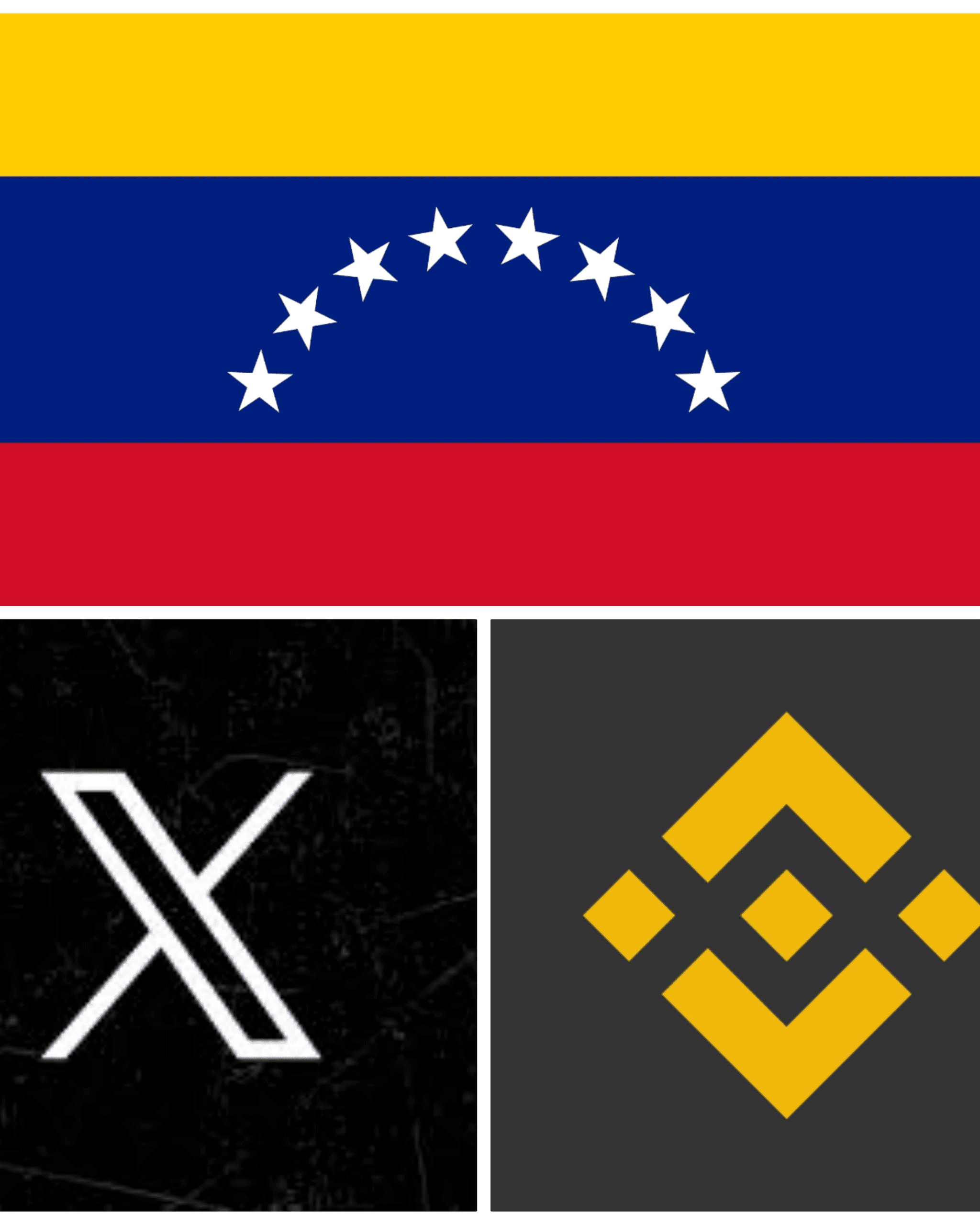
The cryptocurrency ecosystem has become a global phenomenon, and with its growth, the importance of social networks like 'X' (formerly Twitter) has significantly increased as a vital channel for communication and community dynamics. However, for users in countries with restricted access, like Venezuela, the feeling of exclusion goes beyond mere access to information; it is felt tangibly by losing the opportunity to participate in missions, alpha events, and exclusive activities that exchanges launch through this platform.
While major exchanges do not depend on a single social network to operate, the reality is that 'X' has positioned itself as the preferred medium for gamification and direct interaction with users. Many cryptocurrency platforms, like Binance, use this avenue to announce and execute reward campaigns, airdrops, and challenges that encourage community participation. This practice, although seeking immediacy and virality, inadvertently creates a barrier for those who do not have access to the network, generating a feeling of being 'out of the loop.'
For Venezuelans, this situation is particularly frustrating. The inability to join these activities not only means losing potential economic benefits but also the opportunity to be an active part of the global cryptocurrency community. The paradox is evident: a decentralized technology designed for financial inclusion is limited by the barriers imposed by government restrictions on centralized platforms. However, it is important to emphasize that exclusion is not inherent to crypto technology itself, but a side effect of third-party restrictions. The true solution is not to lament the situation but to seek alternatives and strengthen local communication channels.
A Proposal for Binance:
*Strengthening the Community in Venezuela
The resilience of the Venezuelan community is a valuable asset. Instead of seeing restrictions as an unsolvable problem, there is an opportunity for Binance to demonstrate its commitment to inclusion, even in the most challenging environments. With this in mind, I propose a proactive approach that will benefit both the platform and its users in the country:
*Creation of an 'Alternative Missions and Events Hub':
Binance could establish a segment or dedicated page within its website or app, a 'Regional Missions Hub.' This space would be designed to announce and manage missions and exclusive events for regions where platforms like 'X' are restricted, ensuring that participation is open to all.
Alternative and Local Communication Channels: While the presence on 'X' is global, the platform could strengthen its Telegram, Discord, and local WhatsApp community channels. Announcing the same missions, airdrops, and challenges in these channels ensures that information reaches users directly, fostering a more united and active community. This would also help educate users on the importance of verifying information in official channels.
information in official channels.
Direct Missions in the App:
The safest way to ensure inclusion would be for missions and events to be directly integrated into the Binance app. Push notifications could alert users about new activities, and participation could be managed internally, without relying on any external social network. This not only removes the access barrier but also enhances the user experience and reinforces brand loyalty.
In conclusion, the perception of exclusion is more a matter of access to participation than a deprivation of fundamental services. The true solution lies in the ability to adapt and the willingness to create alternative pathways.
By implementing these proposals, Binance will not only overcome a technical obstacle, but will also send a powerful message: that its commitment to financial inclusion is a priority, regardless of the barriers that exist.
#Binance #venezuela #Latinoamérica #America